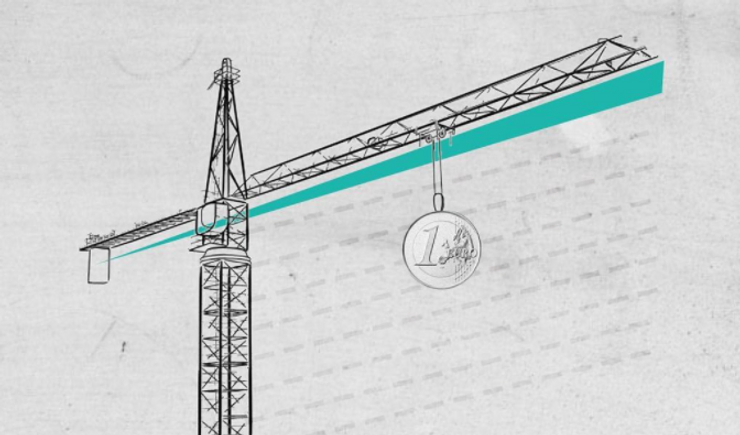Raising the minimum wage by such an amount would likely result in a wage increase across the board, giving rise to increasing costs to the private sector which would experience higher costs of production.
Volt Malta, a new Pan-European political party contesting the 2022 elections is proposing a minimum wage increase to €1,100 per month over a three-year period to address poverty. At face value, this proposal is being advanced with the intention of improving the overall standard of living for minimum wage workers by providing them with a more appropriate income level to handle the cost of living increases. However, is this too good to be true?.
Raising the minimum wage by such an amount would likely result in a wage increase across the board, giving rise to increasing costs to the private sector which would experience higher costs of production. This is likely to cause firms to pass the cost increases onto consumers in the form of higher prices. Firms increase prices to maintain their level of profitability. Therefore, due to higher wages, we see a rise in prices, giving rise to a phenomenon called wage-push inflation.
Let’s assume that Malta is successful in increasing the minimum wage as being proposed without a domino effect on the income earned by middle-class workers in higher-skilled jobs. This can still be counter-productive if it encourages youths to leave education early as it will not pay off to spend more time studying for a small increase in their wage.
The focus should shift to ensuring that the country’s continuing shift to a service-based economy does not exclude minimum-wage earners but rather encourage them to aspire for higher paid jobs. Furthermore, encouraging investment in AI technologies can lower the employers’ demand for low-skilled jobs without drastically increasing the costs of production.

Leave a Reply